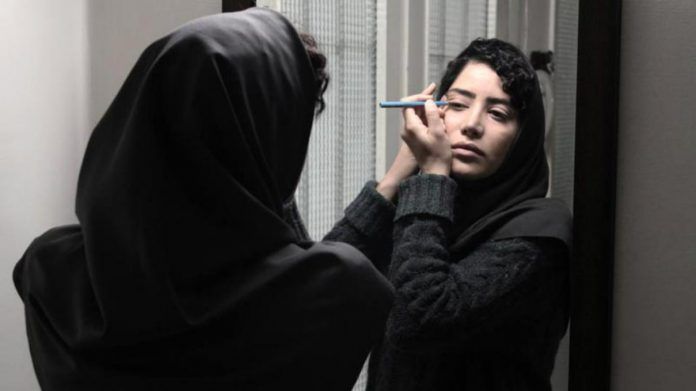The Iranian Short Film Association (ISFA), a nonprofit non-governmental organization operating under the auspices of the Iranian House of Cinema, released a statement recently calling on the Ministry of Culture and Islamic Guidance and the Art and Experience Cinema Group — which promotes non-commercial films — to stop the censorship of short films and facilitate their release.
“As a union representing the interests of the short film industry, ISFA considers its duty to call on the Ministry of Culture and Islamic Guidance’s Organization of Cinema and Audiovisual Affairs to ease the censorship and banning of short films in line with Article 23 of the Islamic Republic Constitution and Article 27 of Citizens’ Rights Charter,” the statement said. “We ask the ministry to facilitate the release, distribution, and public screening of these films at festivals and in the Art and Experience Cinema Group’s movie theaters.”
[aesop_image img=”https://kayhanlife.com/wp-content/uploads/2018/12/cinema-niagara.jpg” panorama=”off” credit=”FILE PHOTO: Niagara Cinema, Iran. Source: Kayhan London” align=”center” lightbox=”off” captionsrc=”custom” captionposition=”left” revealfx=”off” overlay_revealfx=”off”]
“Members of the public may express their thoughts, views, and feelings using various creative tools and methods as long as they do not violate any laws or the civil and legal rights of their fellow citizens,” the signatories pointed out. “Free speech is the main building block of political and social development and progress. Non-commercial short films have been an effective medium for identifying and highlighting important social issues. That sets short films apart from commercial movies. That is also the reason for [Iranian] short films receiving many awards at international festivals.”
The petition is not without precedent. In October 2018, 200 Iranian filmmakers wrote a letter to Abbas Salehi, the Minister of Culture and Islamic Guidance, objecting to the censorship of works selected for the 35th Tehran International Short Film Festival, held between November 9 and 13.
The signatories to the letter argued that the festival offered the only venue for short films to be screened. “International audiences have always supported Iranian short films,” the letter said. “We believe that the ministry must support and not censor the artistic works of the young filmmakers who are the cultural treasures of our country.”
Two months later, another group of 200 filmmakers sent an open letter to President Hassan Rouhani and the Minister Salehi, demanding “an end to the current guidelines that require filmmakers to get a permit before starting a project, and enables the government to censor the subject and the content of a film or ban its release.”
Citing Article 23 of the Constitution, the signatories to the letter called on senior government officials to stop their “condescending and patronizing behavior towards filmmakers, and instead nurture, foster and develop the country’s precious human and creative resources by allowing independent Iranian cinema to flourish with no government interference.”
In their statement this month, the association pointed out that short films “usually have limited distribution. The Islamic Republic of Iran Broadcasting (IRIB) has, unfortunately, stopped showing short films on all its TV channels. It does not consider this influential art form culturally important.”
“Unfortunately, many short films are banned from domestic festivals,” the letter added. “Also, the Art and Experience Cinema Group’s movie theaters refuse to show these films. We have witnessed a significant rise in the number of short films that have been denied distribution rights and screening permits.”
“Censorship destroys the very soul of this relatively new and innovative art form,” the signatories warned. “Interference by various institutions is detrimental to artistic creation and cultural growth. Censorship inflicts irreparable harm to the creative process and artistic products. We ask that the short film industry be spared the censorship blade and instead be allowed to realize its full potential as a powerful and consequential art form.”
[Translated from Persian by Fardine Hamidi]


